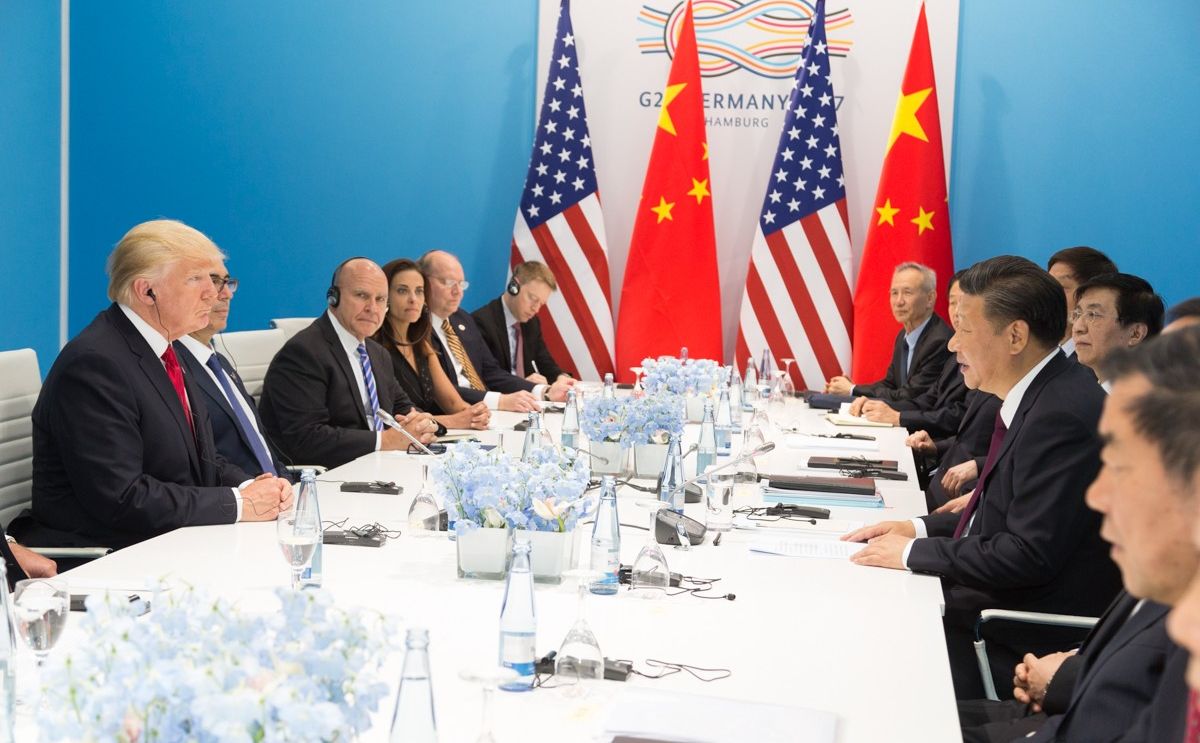Chinese citizens, while largely maintaining an unfavorable view of the United States, mostly support friendly and peaceful relations and are wary of using military force to reunify with Taiwan, according to a new survey.
The Carter Center’s China Focus Initiative, in collaboration with faculty from Emory University, polled almost 2,500 Chinese respondents in late summer 2024. Their study offers a rare look into Chinese public opinion on foreign policy.
The poll found that despite fewer than 25% having a favorable view of the United States, 69% of those surveyed said they support friendly ties with the U.S. While a majority opposed a forceful reunification with Taiwan, a plurality (33.5%) indicated in a separate question that if force were necessary, it should be utilized in the next 5 years.
While a plurality (33.1%) of Chinese respondents held an unfavorable opinion of the United States, a Pew Research poll from May 2024 found that a much higher percentage — 81% — of Americans have an unfavorable view of China. Only 6% of Americans consider Beijing an economic partner, according to Pew Research, while the overwhelming majority of Americans view the world’s second-largest economy as a rival or enemy.
When it comes to Beijing’s relationship with Moscow, the Carter Center poll found that Chinese respondents were very favorable, with 80% saying they trusted Russian President Vladimir Putin to respect China’s interests. Additionally, 66% agreed that "it remains in China's national interest to support Russia's operation in Ukraine,” although 58% of this group supported a diplomatic end to the conflict, and only 8% supported supplying Russia with weaponry.
Most respondents supported Beijing’s assertive influence in Asia. In April, for example, Chinese and Filipino troops placed flags on a disputed cluster of sand banks, called Sandy Cay, in the South China Sea. According to the poll, 81% of the Chinese public believes that the Philippines (and Vietnam) should cease such activities that challenge Chinese regional sovereignty.
Additionally, a plurality (36%) said China should “intervene militarily” when asked how Beijing should respond to Japan potentially “changing the country's post-World War II 'pacifist' constitution to allow for offensive military actions.”
When asked how China should respond to South Korea developing its own nuclear weapons, 26% supported diplomatic protest, while the same number, 26%, favored military intervention. When it comes to China’s border disputes with India, 80% of those polled were in favor of aggressively holding its border claims, despite Beijing and New Delhi signing a tension-easing deal in late 2024.
















